Home>Garden Essentials>Garden Plants>How To Use Thyme For Cough


Garden Plants
How To Use Thyme For Cough
Modified: October 20, 2024
Learn how to effectively use thyme, one of the best plants for treating cough, and say goodbye to coughing fits.
(Many of the links in this article redirect to a specific reviewed product. Your purchase of these products through affiliate links helps to generate commission for Storables.com, at no extra cost. Learn more)
Introduction
Coughing is a common symptom that can be caused by various factors, such as allergies, respiratory infections, or irritants in the air. While over-the-counter cough medications are readily available, many people prefer to explore natural remedies to alleviate their coughs.
One such natural remedy that has been used for centuries is thyme. Thyme is an aromatic herb with small, green leaves and a pleasant earthy flavor. Aside from being a popular culinary ingredient, thyme also boasts numerous health benefits, including its ability to soothe coughs.
In this article, we will delve into the ways you can use thyme to find relief from a cough. From thyme tea to steam inhalation and thyme-infused honey syrup, you’ll discover a variety of effective remedies that harness the healing power of thyme.
Before we dive into the different methods of using thyme for cough relief, let’s take a closer look at why it is considered a natural remedy for this common ailment.
Key Takeaways:
- Thyme offers a natural, versatile, and effective remedy for cough relief, harnessing its antimicrobial, anti-inflammatory, and expectorant properties to soothe irritated throats and promote respiratory health.
- When using thyme for cough relief, exercise caution, be mindful of potential allergies or drug interactions, and consult with a healthcare professional if needed. Embrace thyme’s healing power while prioritizing safety and moderation.
Read more: What Is Thyme Used For
Thyme: A Natural Remedy for Cough
Thyme, scientifically known as Thymus vulgaris, is a medicinal herb that has been used for centuries to treat various ailments. It possesses antimicrobial, anti-inflammatory, and expectorant properties, making it an effective natural remedy for coughs.
One of the key components of thyme is thymol, a compound known for its antitussive (cough-suppressing) and bronchodilatory effects. Thymol helps to relax the muscles of the respiratory tract, facilitating easier breathing and reducing coughing episodes.
Additionally, thyme contains flavonoids, such as luteolin and apigenin, which have antioxidant properties and help reduce inflammation in the airways. This anti-inflammatory action can alleviate irritation and soothe a persistent cough.
Thyme is also rich in vitamins, including vitamin C, which boosts the immune system. A strong immune system can help fight off respiratory infections and reduce the severity and duration of cough symptoms.
Moreover, the aromatic compound in thyme, known as thymol, acts as an expectorant. It helps to loosen and expel mucus from the airways, easing congestion and facilitating the recovery process.
With all these beneficial properties, it’s no wonder that thyme has gained popularity as a natural remedy for coughs. Let’s explore the various ways in which thyme can be used to alleviate cough symptoms.
Benefits of Using Thyme for Cough
Using thyme as a natural remedy for cough offers several benefits that can help alleviate symptoms and support respiratory health. Here are some of the key advantages:
- Cough suppression: Thyme contains compounds like thymol, which possess antitussive properties, helping to suppress coughing and provide relief from irritation in the throat.
- Respiratory support: Thyme’s expectorant properties help to loosen and expel mucus from the respiratory tract, making it easier to clear the airways and promoting better breathing.
- Anti-inflammatory action: The flavonoids in thyme, such as luteolin and apigenin, have anti-inflammatory effects, reducing inflammation in the respiratory tract and soothing cough-related discomfort.
- Immune system boost: Thyme contains vitamin C, which strengthens the immune system and supports the body’s natural defense mechanisms to fight off respiratory infections.
- Antimicrobial properties: Thyme possesses antimicrobial properties, thanks to its essential oil components, which help combat bacteria and viruses that may cause or worsen cough symptoms.
- Relaxation of respiratory muscles: The muscle-relaxing effects of thyme can help ease breathing difficulties associated with coughing and promote a sense of overall relaxation.
- Natural and accessible: Thyme is a readily available herb that can be easily incorporated into various remedies or added to foods, making it a convenient and cost-effective natural solution for cough relief.
It’s worth noting that while thyme can be beneficial for many individuals, it may not be suitable for everyone. If you have any underlying health conditions or are taking medications, it’s always wise to consult with a healthcare professional before using thyme as a remedy for your cough.
Now that we’ve explored the benefits of using thyme, let’s delve into the different ways you can incorporate thyme into your routine for effective cough relief.
Different Ways to Use Thyme for Cough Relief
Thyme can be used in various forms to provide relief from a cough. Here are some effective ways to incorporate thyme into your routine:
- Thyme Tea: One of the simplest ways to enjoy the benefits of thyme is by brewing a cup of thyme tea. To make it, steep a few sprigs of fresh thyme or a teaspoon of dried thyme leaves in hot water for about 10 minutes. You can add honey and lemon juice for added taste and soothing properties.
- Thyme Steam Inhalation: Steam inhalation with thyme can help relieve congestion and soothe a cough. Add a handful of fresh thyme or a few drops of thyme essential oil to a bowl of hot water. Lean over the bowl, cover your head with a towel, and inhale the steam for about 10 minutes while keeping your eyes closed.
- Thyme Honey Syrup: Thyme-infused honey syrup is another effective remedy for cough. Mix a tablespoon of dried thyme leaves with a cup of warm honey and let it infuse for several hours or overnight. Take a teaspoon of the syrup as needed to soothe your cough.
- Thyme Essential Oil: Thyme essential oil can be used topically to alleviate cough symptoms. Dilute a few drops of thyme oil in a carrier oil like coconut oil or olive oil, and massage it onto your chest and throat area. The warming effect of the oil can provide relief from chest congestion and promote easier breathing.
- Thyme-infused Foods: Adding fresh or dried thyme to your meals can also provide cough relief. It can be added to soups, stews, sauces, or sprinkled on roasted vegetables. Not only does it enhance the flavor of your dishes, but it also imparts the beneficial properties of thyme to your meals.
Remember, consistency is key when using natural remedies like thyme for cough relief. Experiment with different methods to find what works best for you, and be patient as it may take time for the effects to manifest. If your symptoms persist or worsen, it’s important to seek medical advice.
Now, let’s explore a thyme tea recipe that you can easily make at home to help alleviate your cough symptoms.
Thyme Tea Recipe for Cough
Thyme tea is a soothing and effective remedy for coughs. It harnesses the healing properties of thyme to provide relief from irritation in the throat and promote better respiratory health. Here’s a simple recipe to make thyme tea at home:
Ingredients:
- 1 tablespoon of fresh thyme leaves or 1 teaspoon of dried thyme
- 1 cup of boiling water
- 1 teaspoon of honey (optional)
- 1 teaspoon of lemon juice (optional)
Instructions:
- Boil a cup of water in a pot or kettle.
- Place the fresh thyme leaves or dried thyme in a teapot or mug.
- Pour the boiling water over the thyme.
- Cover the teapot or mug and let the thyme steep for about 10 minutes to allow the beneficial compounds to infuse into the water.
- If desired, add honey and lemon juice to enhance the taste and add additional soothing properties.
- Stir well and strain the tea to remove the thyme leaves.
- Sip the thyme tea slowly while it is still warm.
- You can drink thyme tea multiple times a day to alleviate your cough symptoms.
Thyme tea not only helps soothe coughs but also provides a comforting and aromatic experience. The warmth of the tea can help loosen congestion and reduce throat irritation, while the antimicrobial properties of thyme promote better respiratory health. Adding honey and lemon juice can further enhance the soothing effect of the tea.
Remember, it is always important to use fresh, high-quality thyme when preparing thyme tea to maximize its therapeutic benefits. If you don’t have fresh thyme, dried thyme can be a suitable alternative.
Now that you know how to make thyme tea, let’s explore another popular method of using thyme for cough relief: thyme steam inhalation.
Make a thyme tea by steeping fresh or dried thyme in hot water for 10 minutes. Add honey and lemon for added benefits. Drink 2-3 times a day to help relieve cough symptoms.
Read more: How To Use Thyme For Mucus
Thyme Steam Inhalation for Cough
Thyme steam inhalation is a simple and effective method to relieve cough symptoms and clear congestion. Inhaling the steam allows the beneficial compounds of thyme to directly target the respiratory system, providing instant relief. Here’s how you can perform thyme steam inhalation at home:
Ingredients:
- A handful of fresh thyme or a few drops of thyme essential oil
- Boiling water
Instructions:
- Boil a pot of water.
- Add the fresh thyme or thyme essential oil to the boiling water.
- Remove the pot from the heat.
- Place a towel over your head, creating a tent to trap the steam.
- Position your face over the pot, ensuring a safe distance to avoid any burns.
- Inhale deeply through your nose and exhale through your mouth.
- Continue inhaling the steam for about 10 minutes, or until the steam dissipates.
- Take breaks if needed, and be cautious not to get too close to the hot water.
The steam produced by the thyme-infused water helps to moisten and soothe the respiratory passages, reducing congestion and providing relief from coughs and other respiratory symptoms. The aromatic oils released by thyme also have antimicrobial properties, which can help fight off infection and promote healing.
Remember to keep your eyes closed throughout the process to avoid irritation. If you don’t have fresh thyme, a few drops of thyme essential oil can be added to the boiling water as a convenient alternative.
Thyme steam inhalation can be performed multiple times a day as needed to ease cough symptoms. It is a natural and gentle method that does not have any known side effects. However, if you experience any discomfort during or after inhalation, discontinue use and consult a healthcare professional.
Now that we’ve covered thyme steam inhalation, let’s explore another effective way of using thyme: creating a thyme honey syrup for cough relief.
Thyme Honey Syrup for Cough
Thyme-infused honey syrup is a popular and soothing remedy for coughs. The combination of thyme’s therapeutic properties and the natural sweetness of honey creates a potent elixir that can help alleviate cough symptoms and soothe throat irritation. Here’s how to make thyme honey syrup at home:
Ingredients:
- 1 tablespoon of dried thyme leaves
- 1 cup of warm, raw honey
Instructions:
- Place the dried thyme leaves in a clean glass jar.
- Pour the warm honey over the thyme leaves.
- Stir the mixture to ensure that the thyme is well-infused with the honey.
- Cover the jar with a lid and let it sit for several hours or overnight to allow the flavors to meld and the beneficial properties of thyme to be infused into the honey.
- After the infusion time, strain the thyme leaves from the honey using a fine sieve or cheesecloth.
- Transfer the thyme-infused honey syrup to a clean bottle or jar with a tight-fitting lid for storage.
To use the thyme honey syrup, simply take a teaspoon of it whenever you have a cough or throat irritation. You can take it as is or mix it with warm water or herbal tea for added relief.
The antibacterial properties of thyme combined with the soothing effect of honey help coat your throat and calm cough reflexes. The syrup also assists in loosening mucus, making it easier to expel and relieving congestion in the respiratory system.
Ensure that you are using raw honey, as it retains more of its beneficial properties. However, note that honey should not be given to children below the age of one year due to the risk of botulism.
Creating thyme honey syrup at home allows you to have a natural remedy on hand whenever you need it. It’s a gentle and pleasant way to alleviate cough symptoms and support respiratory health.
Next, let’s explore using thyme essential oil for cough relief.
Thyme Essential Oil for Cough
Thyme essential oil is a potent and versatile remedy that can be used to relieve cough symptoms. Its concentrated form allows for targeted application, making it particularly effective in providing respiratory relief. Here’s how you can use thyme essential oil for cough relief:
Ingredients:
- 3-5 drops of thyme essential oil
- 1-2 tablespoons of carrier oil (such as coconut oil or olive oil)
Instructions:
- Choose a carrier oil of your preference and pour it into a small bowl or container.
- Add 3-5 drops of thyme essential oil into the carrier oil.
- Stir well to blend the oils thoroughly.
- Gently massage the thyme oil blend onto your chest and throat area.
- Apply the oil in a circular motion for better absorption and relaxation.
- Take slow, deep breaths while inhaling the aromatic scent of thyme oil.
- Repeat this process as needed throughout the day or before bedtime to alleviate your cough symptoms.
Thyme essential oil contains the powerful compound thymol, which has antiviral, antibacterial, and expectorant properties. When applied topically, thyme oil can help open up the respiratory passages, reduce coughing fits, and alleviate chest congestion.
Always remember to dilute thyme essential oil in a carrier oil, as using it undiluted may cause skin irritation or other adverse reactions. Carrier oils not only serve as a medium for dilution but also provide additional benefits for the skin.
It’s important to note that thyme essential oil should not be ingested orally, as it is highly concentrated and can have adverse effects on the digestive system. Ensure that the oil is kept out of reach of children and check for any potential allergies or sensitivities before use.
Thyme essential oil offers a natural and aromatic way to address cough symptoms and support respiratory health. Along with other methods of using thyme, such as tea or steam inhalation, it provides a comprehensive approach to finding relief from coughs.
As with any essential oil, it’s always wise to do a patch test and consult with a healthcare professional before using thyme essential oil, especially if you have any underlying health conditions or are pregnant or nursing.
Now that we’ve covered thyme essential oil, let’s move on to discussing some precautions and potential side effects of using thyme for cough relief.
Precautions and Side Effects of Using Thyme for Cough
While thyme is generally safe for most people when used appropriately, it is important to be aware of certain precautions and potential side effects. Here are some important considerations to keep in mind when using thyme for cough relief:
- Allergies: Some individuals may be allergic to thyme or other members of the mint family. If you experience any signs of an allergic reaction, such as rash, swelling, or difficulty breathing, discontinue use and seek medical attention.
- Drug Interactions: Thyme may interact with certain medications, such as blood thinners or anticoagulants. If you are taking any medications, consult with your healthcare provider before using thyme for cough relief to ensure it is safe and won’t interfere with your medications.
- Excessive use: Using excessive amounts of thyme, especially in concentrated forms like essential oils, may cause skin irritation, allergic reactions, or digestive upset. Always follow recommended dosages and dilution guidelines and discontinue use if you experience any adverse effects.
- Age restrictions: Honey-infused remedies should not be given to children under the age of one year due to the risk of infant botulism. Thyme remedies should also be used with caution in children, and it is advisable to consult with a healthcare professional before using thyme for cough relief in children.
- Pregnancy and breastfeeding: While thyme is generally considered safe to use during pregnancy and breastfeeding in culinary amounts, it is recommended to consult with a healthcare professional before using concentrated forms like essential oils or high doses of thyme for medicinal purposes.
- Quality and sourcing: When using thyme for cough relief, it is important to ensure that you are using high-quality, organic thyme to minimize exposure to pesticides or contaminants. Choose reputable sources and store thyme in a cool, dry place.
It’s crucial to remember that natural remedies, including thyme, should not replace medical advice or prescribed medications. If your cough symptoms persist, worsen, or are accompanied by other concerning symptoms, it is recommended to seek guidance from a healthcare professional.
By practicing caution, being aware of any potential allergies or interactions, and using thyme in moderation, you can safely reap the benefits of this natural remedy for cough relief.
Now, let’s wrap up our discussion on using thyme for cough relief.
Read more: How To Use Thyme For Acne
Conclusion
Thyme, with its remarkable medicinal properties, offers a natural and effective remedy for cough relief. Whether you choose to enjoy thyme in the form of tea, steam inhalation, honey syrup, or essential oil, you can harness the power of this versatile herb to alleviate cough symptoms and support respiratory health.
Thyme’s antimicrobial, anti-inflammatory, expectorant, and immune-boosting properties make it a valuable ally in your quest for cough relief. It helps suppress coughing, reduce inflammation in the respiratory tract, loosen mucus, and provide soothing relief for irritated throats.
While using thyme for cough relief is generally safe, it is important to exercise caution and be aware of any potential allergies or drug interactions. Consult with a healthcare professional if you have underlying health conditions, are pregnant or breastfeeding, or are taking any medications.
Incorporating thyme into your routine is easy and convenient. Whether you choose to enjoy a cup of thyme tea, inhale thyme-infused steam, soothe your throat with a thyme-infused honey syrup, or massage your chest with thyme essential oil, you can find a method that suits your preference and provides effective relief.
Remember to always use high-quality thyme and follow recommended dosages and dilution guidelines for essential oils. Be mindful of age restrictions, such as avoiding honey for children under one year old due to the risk of botulism.
Though thyme is a remarkable natural remedy, it is important to note that persistent or severe coughs may be indicators of underlying health issues. If your symptoms persist, worsen, or are accompanied by other concerning signs, it is paramount to seek medical advice.
By incorporating thyme into your cough relief regimen, you can harness nature’s healing power to alleviate symptoms, promote respiratory health, and find comfort during cough episodes.
So the next time you find yourself reaching for a natural solution to ease your cough, look no further than thyme – a humble herb with extraordinary benefits. Embrace its healing properties and let thyme become your trusted ally in finding relief from coughs.
Frequently Asked Questions about How To Use Thyme For Cough
Was this page helpful?
At Storables.com, we guarantee accurate and reliable information. Our content, validated by Expert Board Contributors, is crafted following stringent Editorial Policies. We're committed to providing you with well-researched, expert-backed insights for all your informational needs.
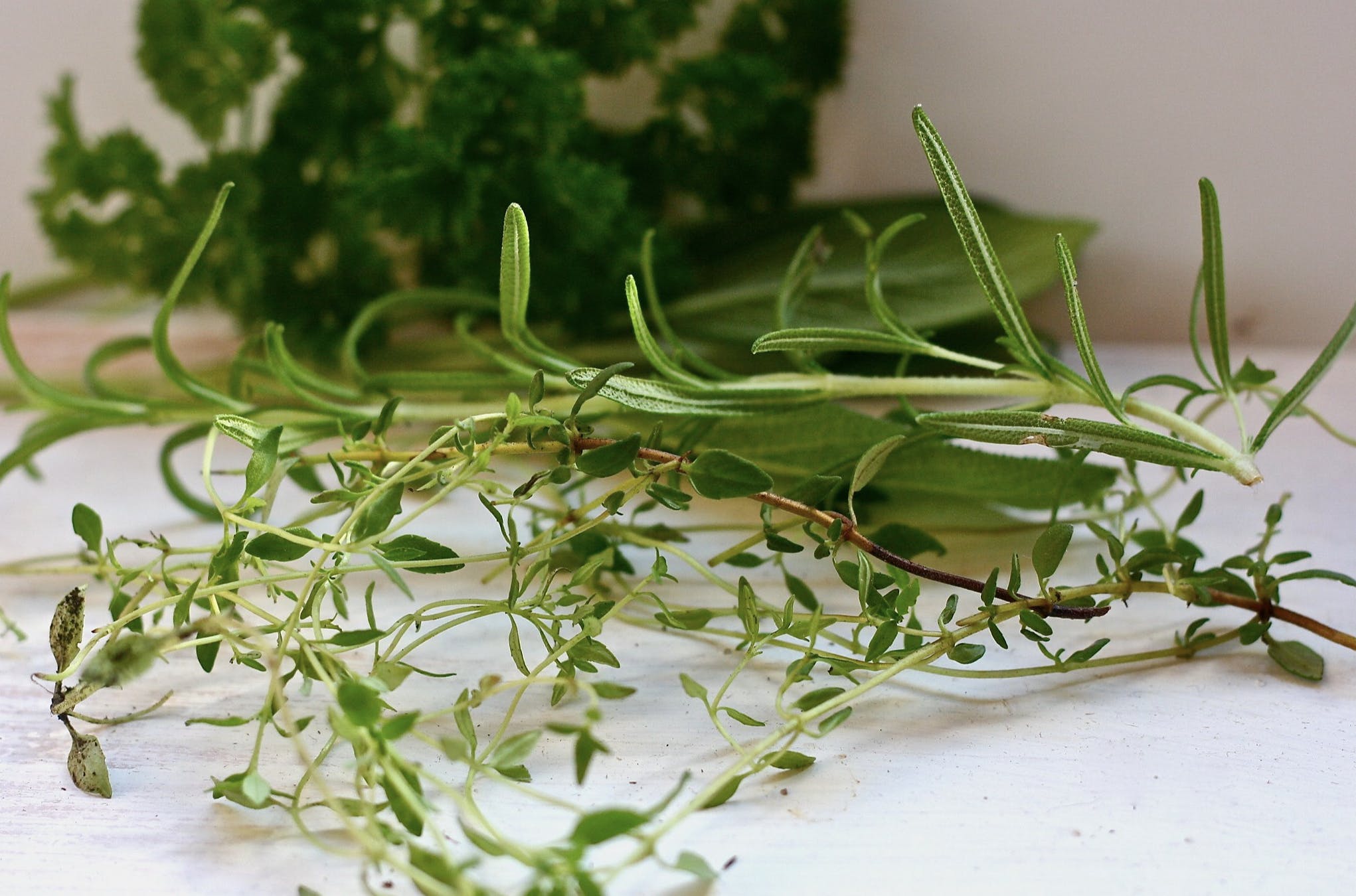
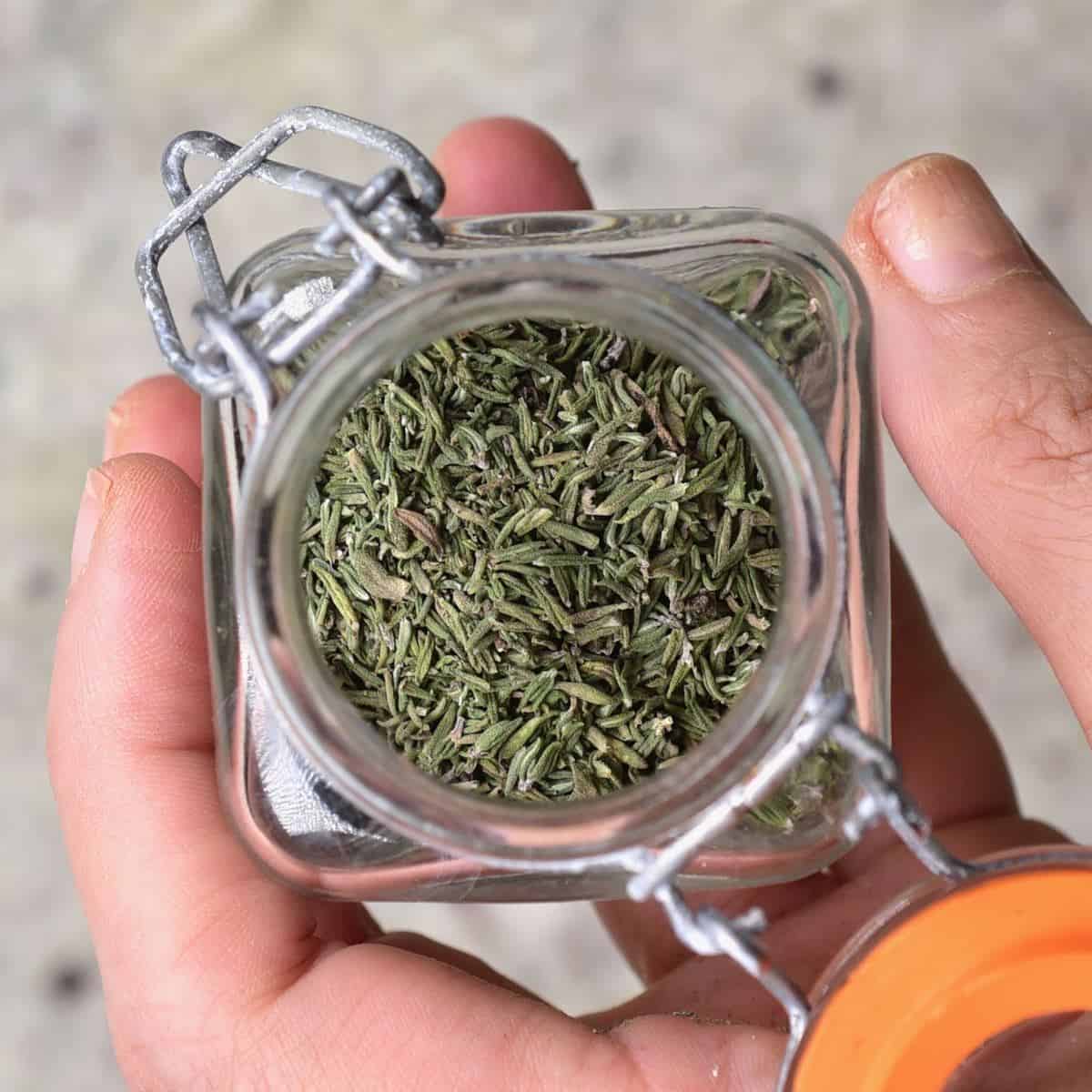

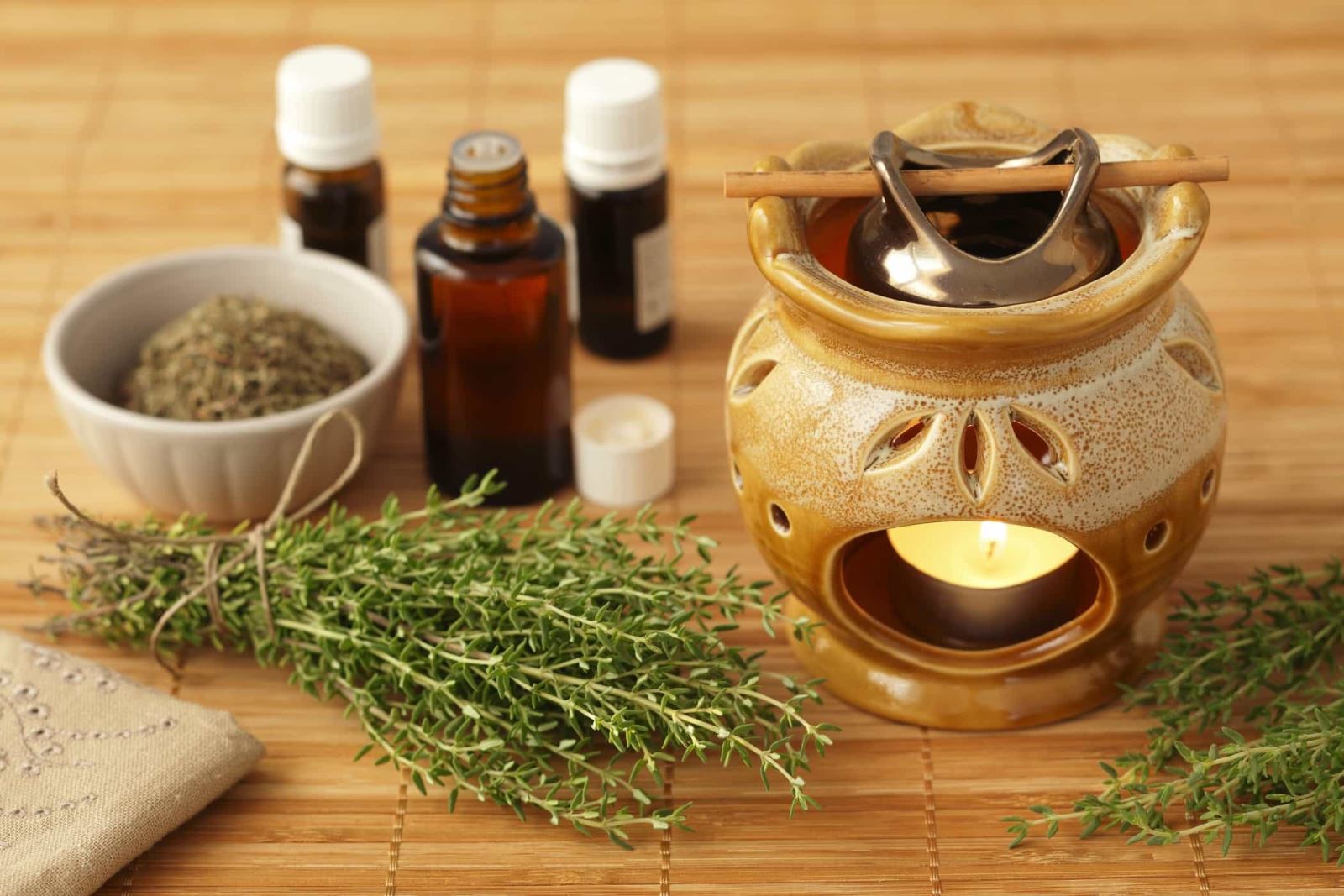


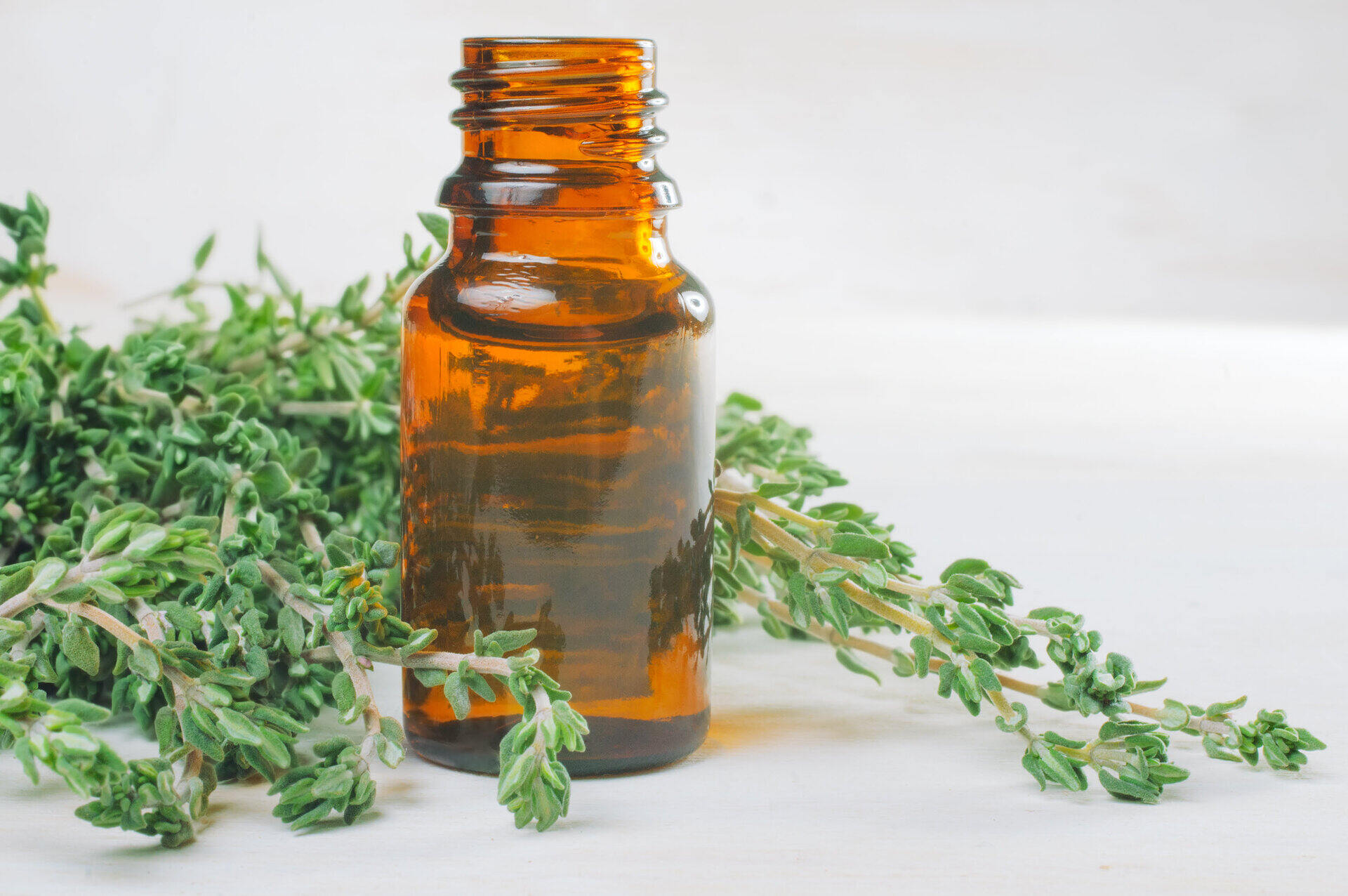



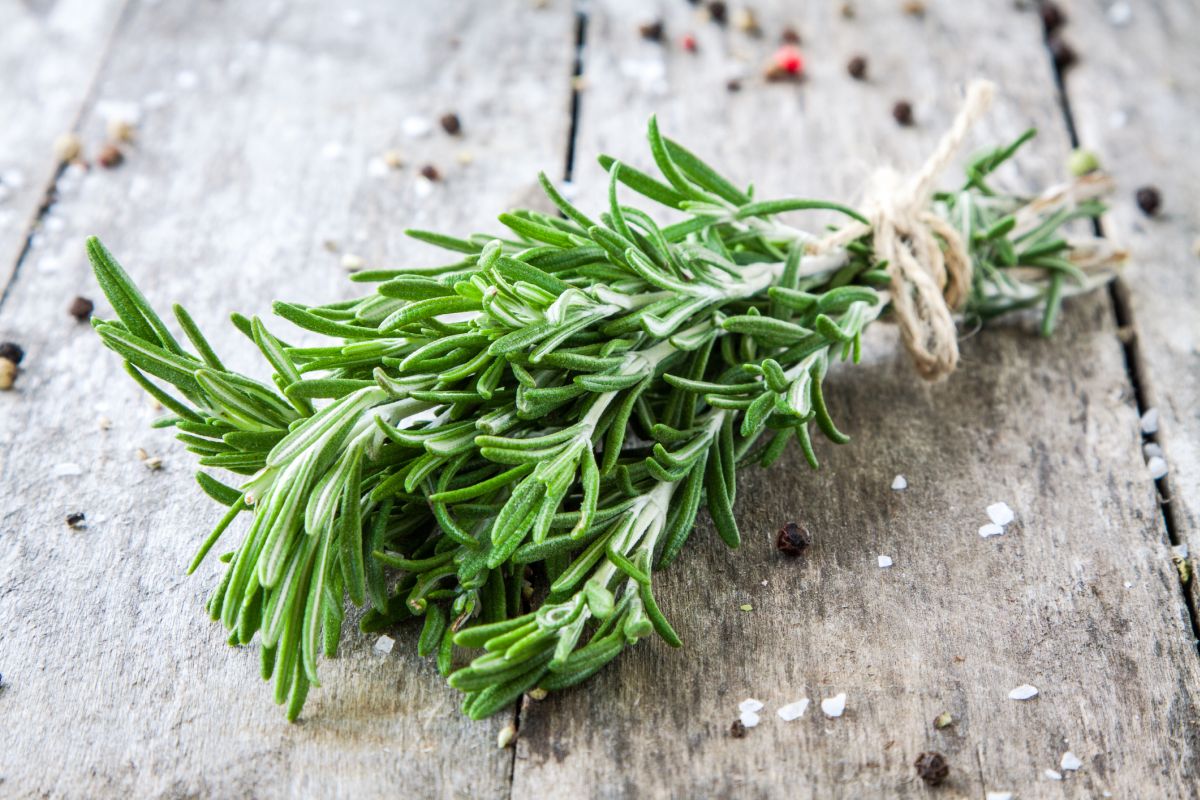

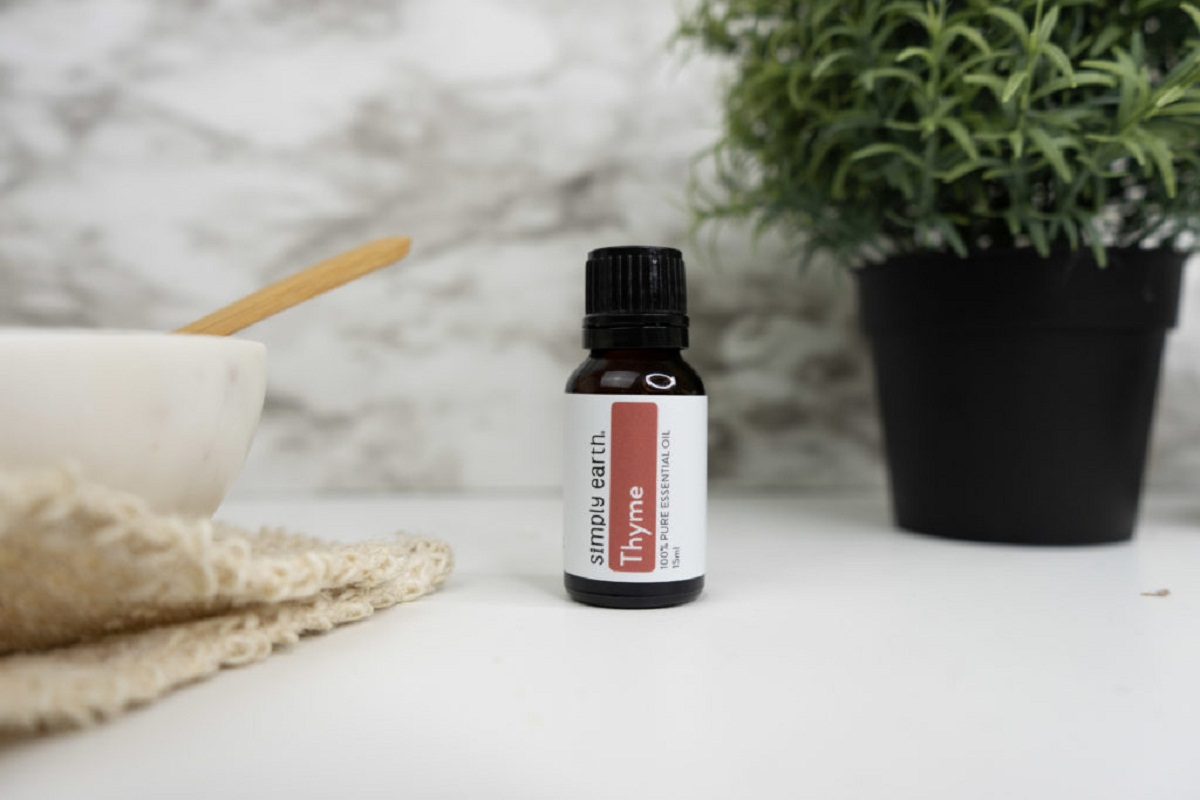

0 thoughts on “How To Use Thyme For Cough”